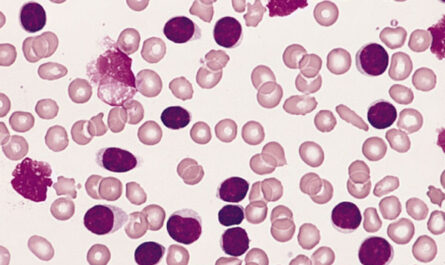In an effort to promote sustainability and maximize resource utilization, industries across the European Union (EU) are exploring the profitable use of materials found in wastewater. A groundbreaking research project called ULTIMATE, coordinated by the Dutch water-research institute KWR, brings together research organizations, universities, and businesses from EU countries including Denmark, France, Greece, and Italy, as well as participants from Israel, Norway, and the UK. The 53-month project, set to run until October 2024, focuses on pilot plants in the food-and-drink, petrochemical, and biotechnology industries.
One notable participant in ULTIMATE is Mahou San Miguel, Spain’s leading beer producer. The company has transformed its wastewater, previously discarded down the drain, into a reusable resource. As part of the project, wastewater from the Mahou San Miguel brewery in Lleida is now utilized to generate power and heat for the brewery’s operations. The wastewater, which contains organic matter like old beer and bits of hops and grains, is converted into biogas. Dr. Anne Kleyböcker, a researcher at the KWB water-research center in Berlin, explains that wastewater contains valuable materials such as biomass, heat, and nutrients, and their extraction can be economically viable.
Throughout the EU, various industries have pilot plants extracting valuable compounds and materials from wastewater. In Greece, a citrus-fruit processing center and an olive oil producer are extracting plant compounds such as polyphenols and antioxidants that can be used in the production of dyes, food additives, supplements, and chemicals. Similarly, a chemical installation in France is investigating the recovery of chemicals and metals from wastewater used in the washing of gases generated by waste incineration, including sulfur and molybdenum. In Scotland, a demonstration plant at the Glenmorangie whisky distillery is harvesting ammonia and phosphorus from wastewater to be used as fertilizers for local barley fields. The distillery also utilizes the heat sourced from the production of biogas to purify the wastewater for reuse in the facility.
The ULTIMATE project aims to showcase the scalability and feasibility of laboratory-developed technologies in extracting materials from wastewater. Dr. Gerard van den Berg, a project manager and team leader at KWR, emphasizes the importance of industrial symbiosis, whereby different industries exchange waste products to maximize resource utilization. Europe, with its diverse industries located in close proximity to each other, exhibits significant potential for such symbiosis. However, the most efficient expression of the circular economy concept is when businesses extract and reuse materials from their own waste, such as Mahou San Miguel’s use of biogas produced from its brewery waste to generate electricity and heat.
Mahou San Miguel’s biogas system has already proven successful in covering about 2% of the brewery’s energy needs. As a result, the company plans to expand the bioreactor, incorporating a technique tested under ULTIMATE that encourages the growth of electroactive microorganisms to improve biogas production. With further development, it is projected that the biogas system’s contribution to the brewery’s energy needs could reach 6%. The successes seen thus far in various industries participating in ULTIMATE demonstrate the potential for a new and more sustainable approach to industrial operations. Moving forward, the EU seeks to capitalize on its diverse range of industries and foster collaboration for the effective extraction and reuse of materials from wastewater, ensuring a greener and more profitable future.
*Note:
1. Source: Coherent Market Insights, Public sources, Desk research
2. We have leveraged AI tools to mine information and compile it




